PRODUCT DETAILS
| Product Name: |
TMC-207 |
| Synonyms: |
TMC-207;6-Bromo-alpha-[2-(dimethylamino)ethyl]-2-methoxy-alpha-1-naphthalenyl-beta-phenyl-3-quinolineethanol;1-(6-Bromo-2-methoxy-quinolin-3-yl)-4-dimethylamino-2-naphthalen-1-yl-1-phenyl-butan-2-ol;3-Quinolineethanol, 6-bromo-alpha-(2-(dimethylamino)ethyl)-2-methoxy-alpha-1-naphthalenyl-beta-phenyl-, (alphas,betar)-;R 207910;Bedaquiline;Bedaquiline(R 207910,TMC 207);Bedaquiline (TMC-207) |
| CAS: |
843663-66-1 |
| MF: |
C32H31BrN2O2 |
| MW: |
555.5 |
| EINECS: |
1308068-626-2 |
| Product Categories: |
Inhibitors;API |
| Mol File: |
843663-66-1.mol |
 |
| |
| TMC-207 Chemical Properties |
| Melting point |
104 °C |
| Boiling point |
702.7±60.0 °C(Predicted) |
| density |
1.322±0.06 g/cm3(Predicted) |
| storage temp. |
Room temperature |
| solubility |
Soluble in DMSO (10 mg/ml) |
| pka |
13.05±0.29(Predicted) |
| form |
solid |
| color |
White |
| Stability: |
Stable for 1 year from date of purchase as supplied. Solutions in DMSO may be stored at -20°C for up to 1 month. |
| CAS DataBase Reference |
843663-66-1 |
| |
| TMC-207 Usage And Synthesis |
| Overview |
Bedaquiline, formally called (1R, 2S)-1-(6-Bromo-2-methoxy-3-quinolinyl)-4-(dimethylamino)-2-(1-naphthyl)-1-phenyl-2-butanol in chemistry and known as Sirturo in commercial, is a new anti-mycobacterial medicine of diarylquinolines. It impinges on the
ATP synthesis of Mycobacterium tuberculosis by inhibiting the activity of proton pump on the cell’s ATP synthetase, and thereby eliminates M. tuberculosis (TB). It’s used for adult multi-drug resistant tuberculosis (MDR-PTB). |
| Synthetic Methods |

Fig: Synthetic route of Bedaquiline |
| Pharmacological Function |
Bedaquinoline has the same bactericidal activity against both sensitive and resistant strains of mycobacterium tuberculosis as well as on dormant bacteria. |
| Pharmacology |
The proton pump on the cell’s ATP synthetase, which is a crucial enzyme for M. tuberculosis (TB) to synthesize ATP, is the unique and specific locus of Bedaquinoline.
After the combination onto the oligomer and lipoprotein subunit c, Bedaquinoline can inhibit the synthesis of ATP and bring the death to the bacterium cell. Compared with those existing anti-TB medicines, it presents a novel pharmacology and no cross resistance effect was found between Bedaquinoline and other anti-TB medicines. The gene sequence of the subunit c of ATP synthetase is named as atpE, whose amino acid sequence is highly conservative. The resistance of TB to Bedaquinoline comes from its reduced combination onto subunit c of ATP synthetase due to the mutation of the 63rd or 66th on atpE. |
| Pharmacokinetics |
Bedaquinoline is easy for oral assimilation. The bioavailability of Bedaquinoline taken with food is twice higher than when taken with an empty stomach. It reaches its blood concentration in 5 hours after taken and has a plasma protein binding rate of 99.9% as well as a plasma half-life of 173 hours. Bedaquinoline can be widely distributed in human body with a homeostasis distribution volume of 1000L. Its clearance rate is low enough and the elimination half-life is 5.5 months. Bedaquinoline is metabolize into metabolite 1~8 in the demethylation mainly through CYP3A4 and partly though CYP2C8 and CYP2C19. Metabolite 2 (M2), the most important metabolite, which has only 1/3-1/6 the activity of Bedaquinoline, yet present a more strong cytotoxicity and is more likely to cause the drug-induced phospholipidosis. Bedaquinoline and its metabolites are mostly excreted by feces, only 1% to 4% by urine. |
| Adverse Effect |
Common adverse reactions are nausea, headache, arthralgia, loss of appetite, vomiting and rash, dizziness, elevated transaminase, increased hemodiastase, muscle pain, diarrhea and prolonged TQ interval. |
| Taboo |
1.The allergic to this product;
2.Patients suffer serious dysfunction of heart, liver, kidney (relative contraindication);
3.Pregnant women, lactating women, children, the old and co-infected HIV sufferers (relative contraindication). |
| Description |
In December 2012, the US FDA approved bedaquiline as part of combination therapy for the treatment of multi-drug resistant tuberculosis (MDRTB). Bedaquiline is the first drug approved for MDR-TB and is the first approval from a new class of antituberculosis agents in the past 40 years. Due to the high unmetmedical need for treating MDR-TB, the FDA granted bedaquiline accelerated approval based on Phase II results, providing patients access to the drug while additional clinical studies are carried out. Bedaquiline (also known as TMC207 and R207910) is a diarylquinoline that was discovered from a high-throughput, whole-cell screening strategy with Mycobacterium smegmatis used as a surrogate for M. tuberculosis. Bedaquiline is a single enantiomer of an initial screening hit. Bedaquiline has potent and selective activity against mycobacteria, and is active against both drug-sensitive and drug-resistant M. tuberculosis. The mechanism of action of bedaquiline is unique amongst anti-TB drugs and involves inhibition of mycobacterial ATP synthase; it is not active against human ATP synthase. Bedaquiline has in vivo activity in numerous preclinical models of TB infection, alone and in combination with other anti-TB agents, and has bactericidal activity in established TB infection models. Bedaquiline is synthesized in five steps from 3-phenylpropionic acid and para-bromoaniline. Following amide formation, treatment with POCl3 and DMF under Vilsmeier–Hack conditions gave a 2-chloroquinoline product. Treatment with sodium methoxide, followed by condensation with 3-(dimethylamino)-1-(naphthalen-1-yl)propan-1-one, and separation of isomers gave bedaquiline. |
| Description |
TMC207 is a diarylquinoline that selectively inhibits the proton pump of the mycobacterial ATP synthase. It demonstrates potent activity against both drug-sensitive and drug-resistant M. tuberculosis and other mycobacterial species with MIC50 values of ~0.03 μg/ml. |
| Originator |
Janssen (Belgium) |
| Uses |
(αS,βR)-Bedaquiline is a diarylquinoline derivative that acts as a mycobacterial inhibitor. Bedaquiline shows promise as potential drug in the treatment of tuberculosis. |
| Uses |
Labeled Bedaquiline, intended for use as an internal standard for the quantification of Bedaquiline by GC- or LC-mass spectrometry. |
| Brand name |
Sirturo |
| References |
Andries et al. (2005), A diarylquinoline drug active on the ATP synthase of Mycobacterium tuberculosis; Science, 307 223 Koul et al. (2007), Diarylquinolines target subunit c of mycobacterial ATP synthase; Nat. Chem. Biol., 3 323 Biukovic et al. (2013), Variations of subunit {varepsilon} of the Mycobacterium tuberculosis F1F0 ATP synthase and a novel model for mechanism of action of the tuberculosis drug TMC207; Antimicrob. Agents Chemother., 57 168 Sarathy et al. (2019), Re-Understanding the Mechanisms of Action of the Anti-Mycobacterial Drug Bedaquiline; Antibiotics (Basel), 8 261 Ghahremanpour et al. (2020), Identification of 14 Known Drugs as Inhibitors of the Main Protease of SARS-CoV-2; ACS Med. Chem. Lett., 11 2526 |
| |
| TMC-207 Preparation Products And Raw materials |
|
| Tag:TMC-207(843663-66-1) Related Product Information |
|
|
|
|
|
|
|
|
|
|
|
|
|
|
|
|
|
|
|
|
|
|
|
|
|
About US
Leader Biochemical Group is a large leader incorporated industry manufacturers and suppliers of advanced refined raw materials From the year of 1996 when our factory was put into production to year of 2020, our group has successively invested in more than 52 factories with shares and subordinates.We focus on manufacture Pharm & chemicals, functional active ingredients, nutritional Ingredients, health care products, cosmetics, pharmaceutical and refined feed, oil, natural plant ingredients industries to provide top quality of GMP standards products.All the invested factories' product lines cover API and intermediates, vitamins, amino acids, plant extracts, daily chemical products, cosmetics raw materials, nutrition and health care products, food additives, feed additives, essential oil products, fine chemical products and agricultural chemical raw materials And flavors and fragrances. Especially in the field of vitamins, amino acids, pharmaceutical raw materials and cosmetic raw materials, we have more than 20 years of production and sales experience. All products meet the requirements of high international export standards and have been recognized by customers all over the world. Our manufacture basement & R&D center located in National Aerospace Economic & Technical Development Zone Xi`an Shaanxi China. Now not only relying on self-cultivation and development as well as maintains good cooperative relations with many famous research institutes and universities in China. Now, we have closely cooperation with Shanghai Institute of Organic Chemistry of Chinese Academy of Science, Beijing Institute of Material Medical of Chinese Academy of Medical Science, China Pharmaceutical University, Zhejiang University. Closely cooperation with them not only integrating Science and technology resources, but also increasing the R&D speed and improving our R&D power. Offering Powerful Tech supporting Platform for group development. Keep serve the manufacture and the market as the R&D central task, focus on the technical research. Now there are 3 technology R & D platforms including biological extract, microorganism fermentation and chemical synthesis, and can independently research and develop kinds of difficult APIs and pharmaceutical intermediates. With the strong support of China State Institute of Pharmaceutical Industry (hereinafter short for CSIPI), earlier known as Shanghai Institute of Pharmaceutical Industry (SIPI), we have unique advantages in the R & D and industrialization of high-grade, precision and advanced products. Now our Group technical force is abundant, existing staff more that 1000 people, senior professional and technical staff accounted for more than 50% of the total number of employees, including 15 PhD research and development personnel, 5 master′ S degree in technical and management personnel 9 people. We have advanced equipment like fermentation equipment and technology also extraction, isolation, purification, synthesis with rich production experience and strict quality control system, According to the GMP required, quickly transforming the R&D results to industrial production in time, it is our advantages and our products are exported to North and South America, Europe, Middle East, Africa, and other five continents and scale the forefront in the nation, won good international reputation. We believe only good quality can bring good cooperation, quality is our key spirit during our production, we are warmly welcome clients and partner from all over the world contact us for everlasting cooperation, Leader will be your strong, sincere and reliable partner in China.
Group profiles
Our Factories production lines
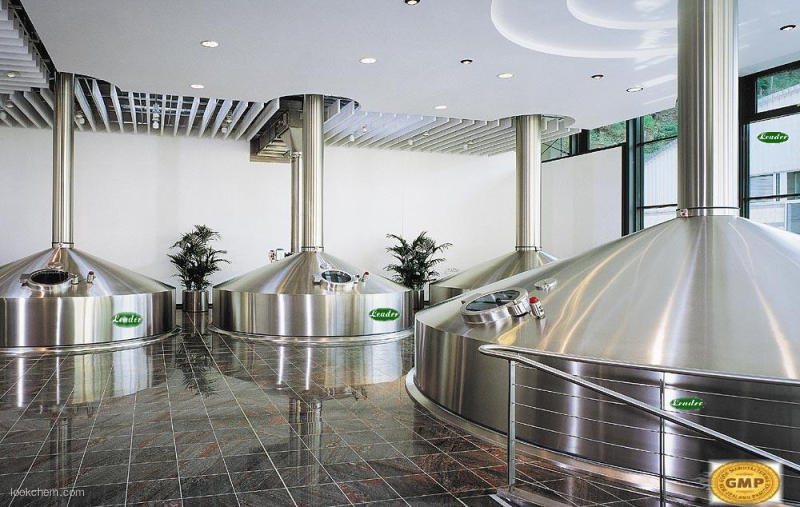
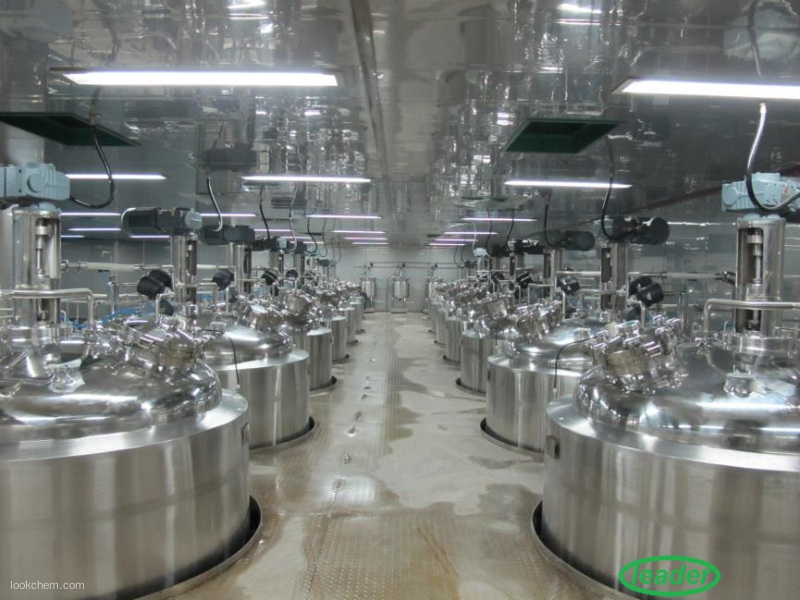
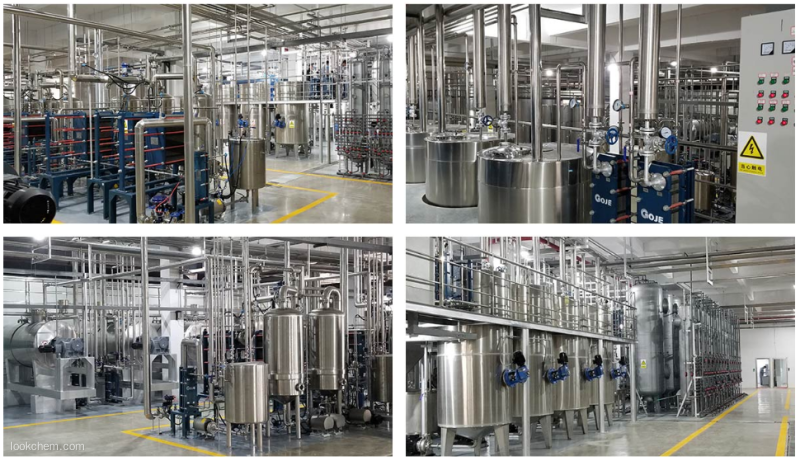
Our Factories R&D ability

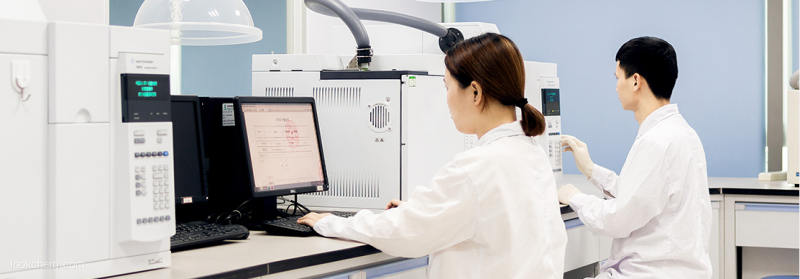
Our Factories warehouse
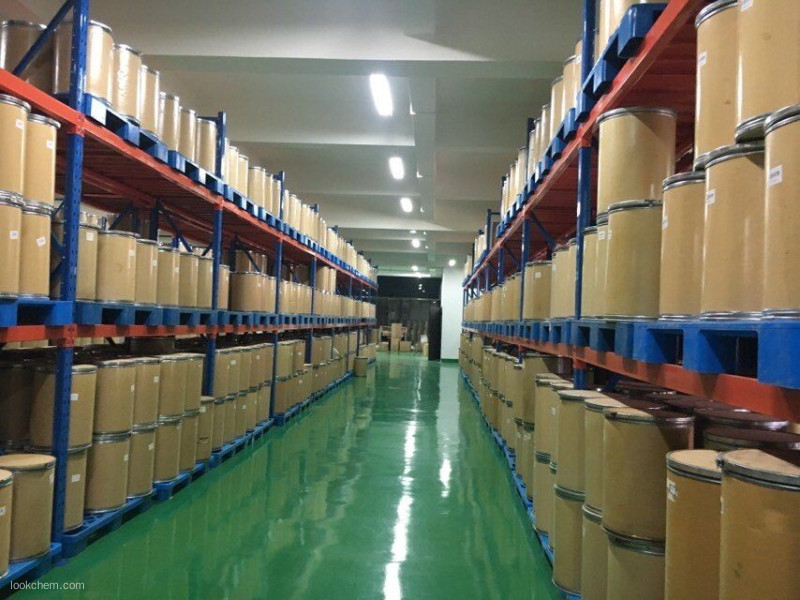
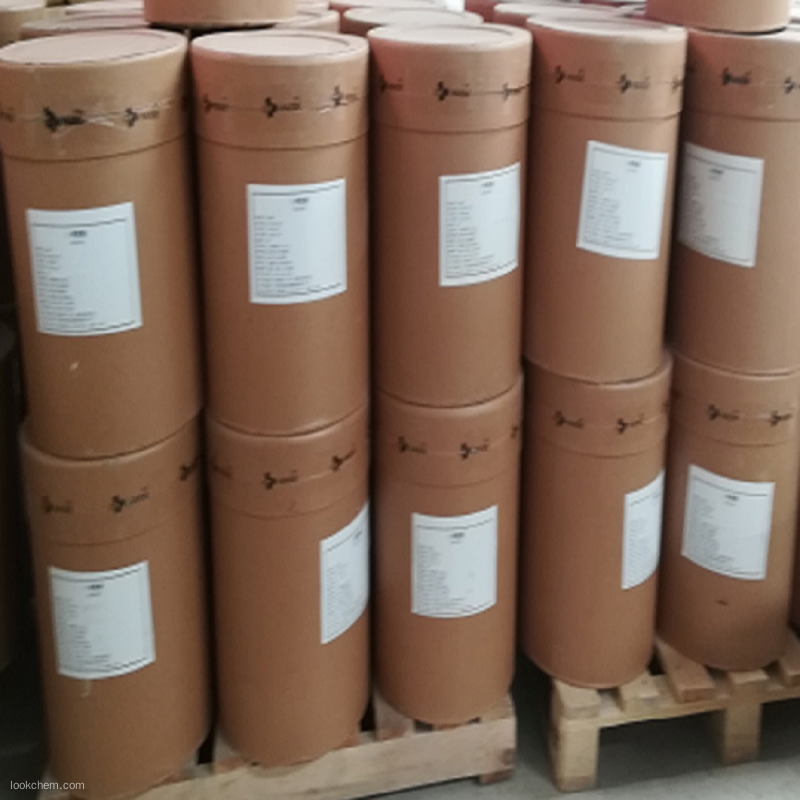


 Premiumsupplier
Premiumsupplier 



